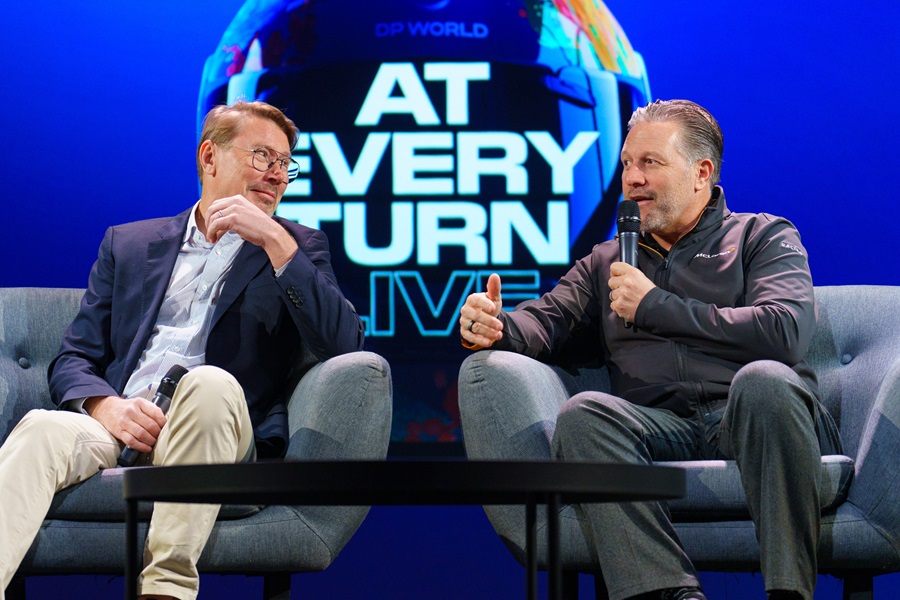Continued growth of climate transparency from financial institutions show that the global finance portfolio for shipping has moved closer to alignment with ambitious decarbonisation trajectories set by the International Maritime Organization (IMO), aiming to remove emissions from international shipping by 2050.
The new insights are revealed in The Poseidon Principles’ fifth Annual Disclosure Report, which showcases the climate alignment of 35 major financial institutions across 13 countries, representing nearly 80% of the global ship finance portfolio. The Poseidon Principles are a global framework for financial institutions to assess and disclose the climate alignment of their shipping portfolios, aiming to promote decarbonisation in the maritime industry.
This year’s report, which also marks the fifth anniversary of the Poseidon Principles, highlights the transformative progress achieved since its launch in 2019, when it became the world’s first sector-specific framework for measuring and reporting climate alignment in shipping finance. What began as a conversation in 2017 and was introduced as a concept under development at the first Global Maritime Forum Annual Summit in Hong Kong in 2018 has since evolved into a celebrated model for industry-specific, transparent climate disclosure in shipping — one that has inspired similar initiatives in sectors like steel, aluminium, and aviation.
Key findings from the 2024 Annual Disclosure Report include:
• Transparency on the rise: An average of 93.3% of signatories’ portfolio activity was reported, with all signatories reporting ship emissions data from at least 70% of their portfolio, 28 signatories achieving a reporting rate of 90% or above, and eight achieving 100%.
• Climate alignment performance: The average climate alignment scores showed a noticeable progression from last year, with portfolios’ alignment to the IMO’s ‘minimum’ and ‘striving’ decarbonisation trajectories improving.
• Increased collaboration: Collaboration and engagement are increasing between financial institutions and their shipping clients, demonstrating the initiative’s pivotal role in guiding the industry toward achieving net zero emissions by 2050 in line with the 2023 IMO Greenhouse Gas Strategy.
“The Poseidon Principles have redefined what is possible in transparent climate reporting for the shipping industry,” said Michael Parker, Poseidon Principles Chair and Chairman of Global Shipping & Logistics, Citi. “As we celebrate the fifth anniversary of this initiative, we recognise both the progress made and the opportunities ahead – this milestone shows how far we have come in five years, but also serves as a reminder that we are now five years closer to critical decarbonisation targets for 2030, 2040, and 2050. We must accelerate efforts, addressing key areas of misalignment and ensuring collective ambition turns into transformative action.”
By integrating real emissions data into financial decision-making, the framework has also enabled signatories to use climate alignment scores to shape financing decisions, guide sustainability-linked lending, and support investment in green technologies such as biofuels and alternative propulsion systems. Increased transparency has also fostered closer collaboration between financial institutions and shipowners, reinforcing a shared commitment to decarbonisation.
While celebrating significant progress, the report also acknowledges the challenges of aligning with IMO’s ambitious roadmap.
“We have much to celebrate in this annual disclosure report, especially in terms of increasing levels of transparency” said Paul Taylor, Vice Chair of the Poseidon Principles and Global Head of Maritime Industries, Societe Generale. “However, alignment with 2050 net zero goals remains a challenge, in particular for certain vessel types that are facing operational complexities. Now, the Poseidon Principles’ adoption of well-to-wake emissions reporting offers a robust foundation for addressing these challenges head on. The Poseidon Principles will continue to evolve, setting new benchmarks for transparency and commitment to a sustainable future.”
In 2023 the Poseidon Principles adopted well-to-wake emissions reporting, encompassing full lifecycle emissions of fuels and setting a new benchmark for climate reporting in line with the latest climate science and supporting the IMO’s latest ambition.
In just five years, the Poseidon Principles have set the global standard for climate transparency in ship finance and inspired other financial disclosure initiatives like the Sustainable STEEL Principles for steel financing, the Sustainable Aluminium Finance Framework for aluminium financing, and the Pegasus Guidelines for aviation financing. Climate disclosure reporting plays a crucial role in enhancing the transparency and accountability of climate and environmental impact, risk management, and strategic planning of participating organisations and their clients.
As the Poseidon Principles enter their sixth year, the Association celebrates the transformative power of collective action, and the tangible progress made toward decarbonising global shipping. While challenges remain, the shared commitment of signatories, shipping clients, and stakeholders is a testament to what can be achieved through collaboration and transparency.
similar news



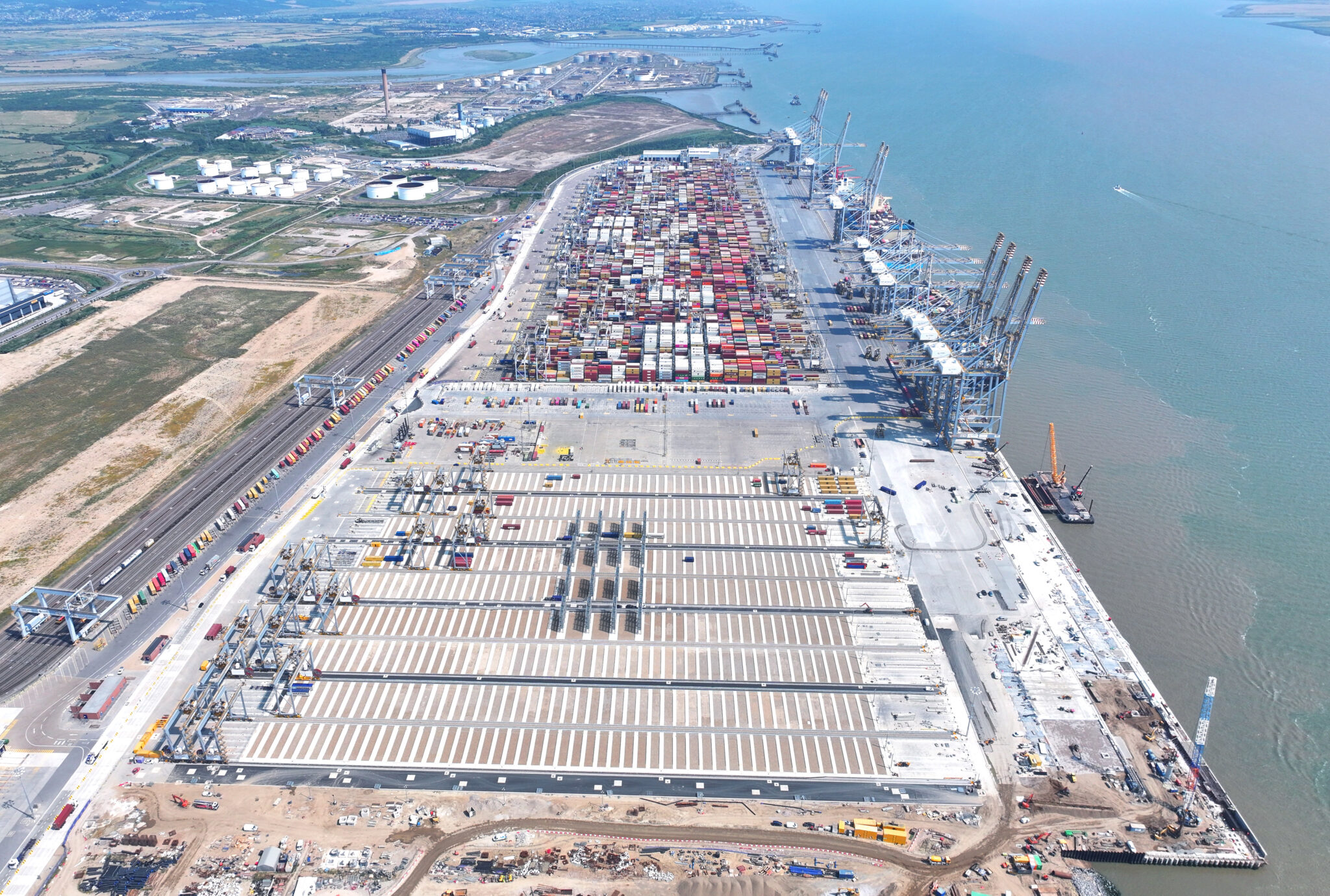





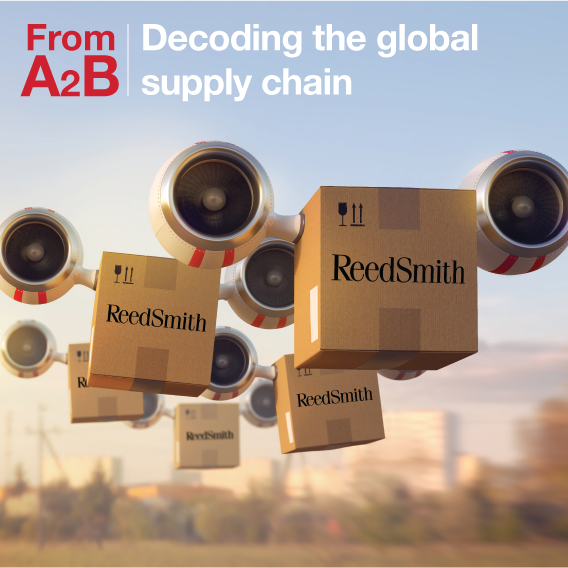
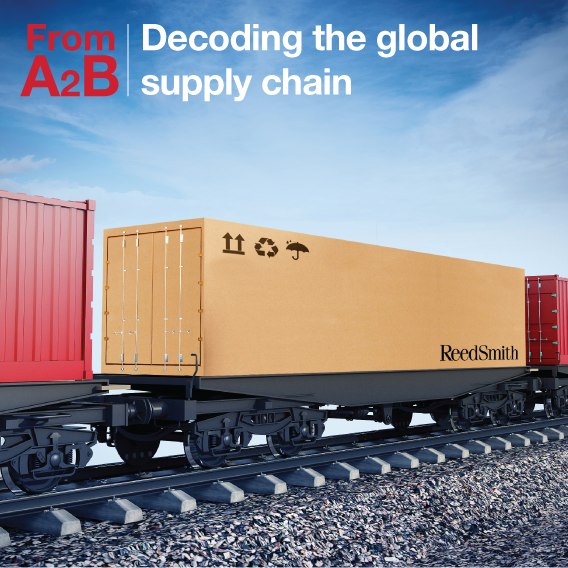
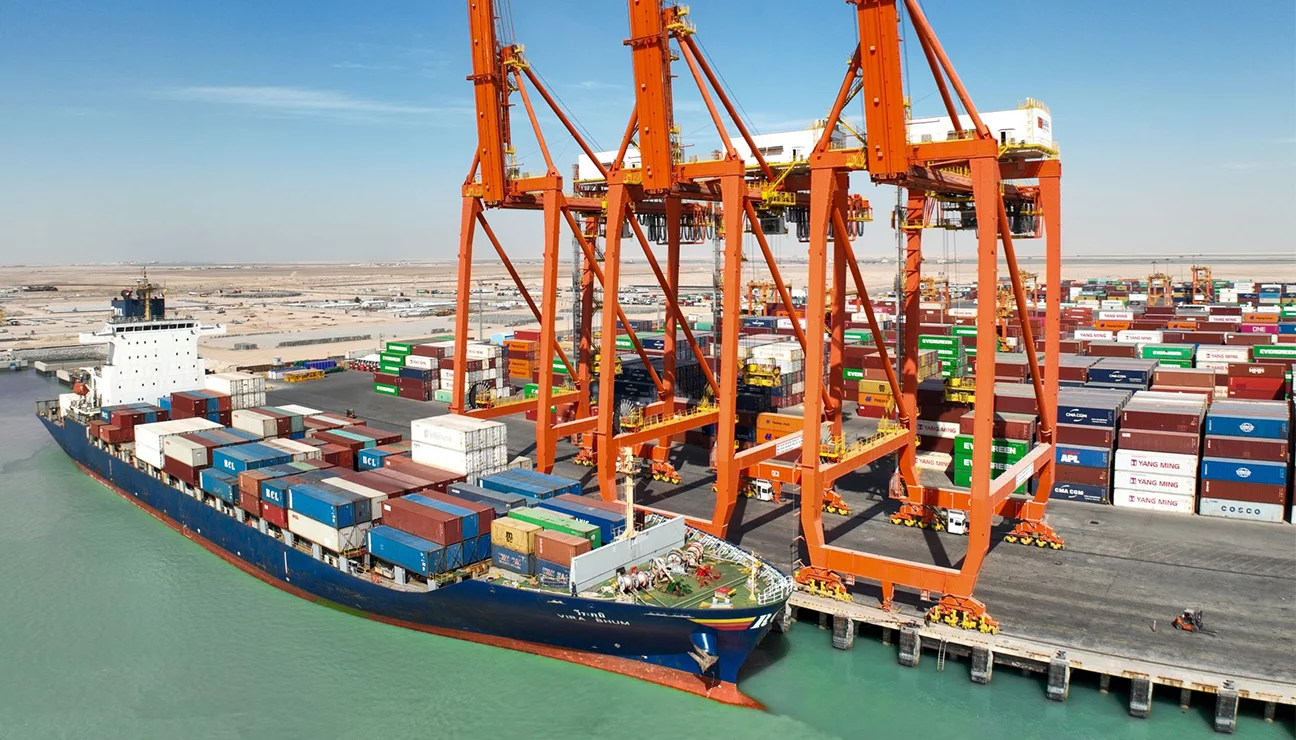
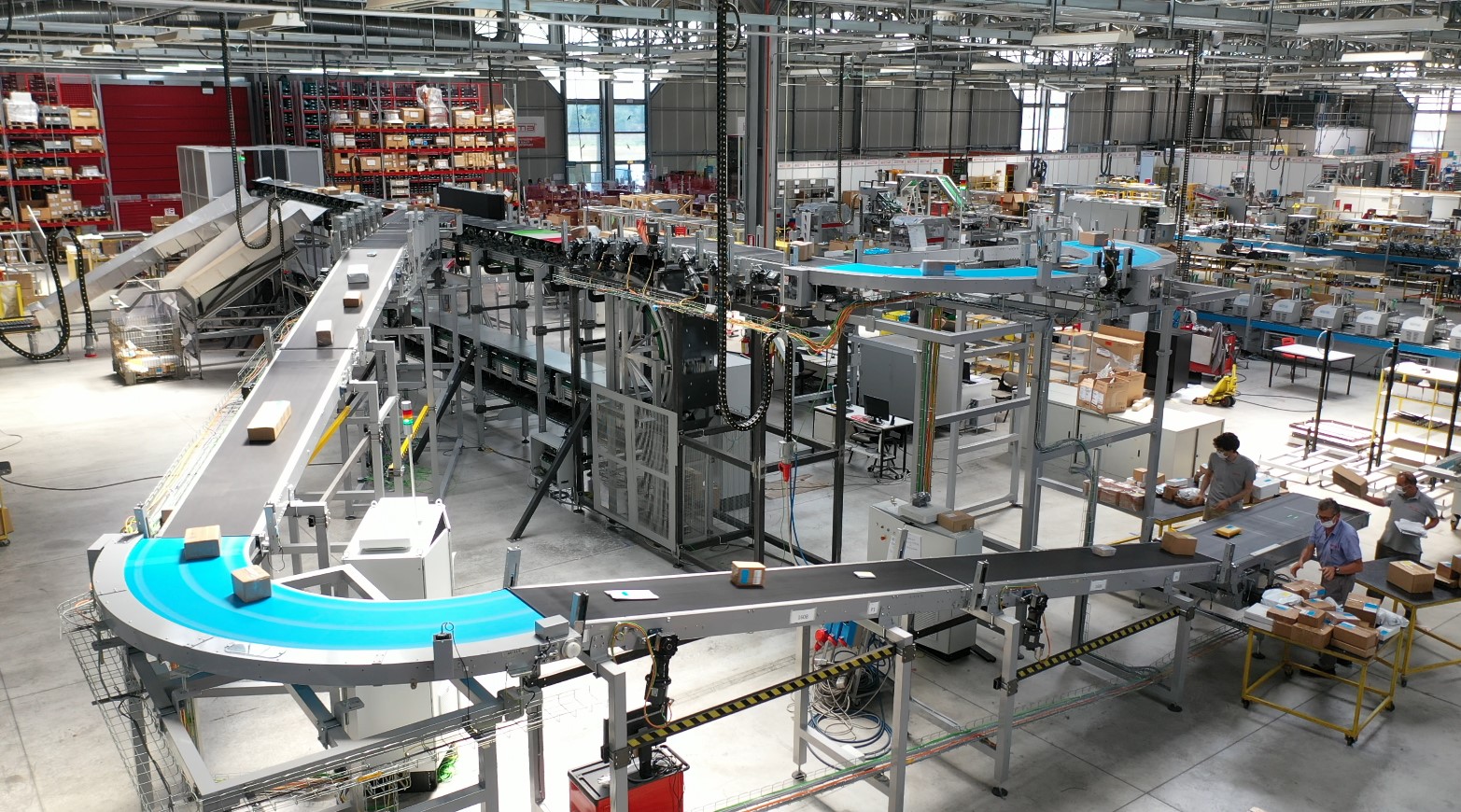



 Sir John Sawers, former chief of the UK Secret Intelligence Service MI6, talked about cybercrime, expressing surprise at how the fear of 10 years ago – of some kind of digital Armageddon – has not happened, but that the threat has instead moved into the world of denial of service attacks of businesses, many of which are happy to pay a ransom rather than risk business disruption. His experience of global affairs led to a fascinating look at how countries are putting mechanisms in place to prevent similar attacks affecting governmental systems.
Sir John Sawers, former chief of the UK Secret Intelligence Service MI6, talked about cybercrime, expressing surprise at how the fear of 10 years ago – of some kind of digital Armageddon – has not happened, but that the threat has instead moved into the world of denial of service attacks of businesses, many of which are happy to pay a ransom rather than risk business disruption. His experience of global affairs led to a fascinating look at how countries are putting mechanisms in place to prevent similar attacks affecting governmental systems.